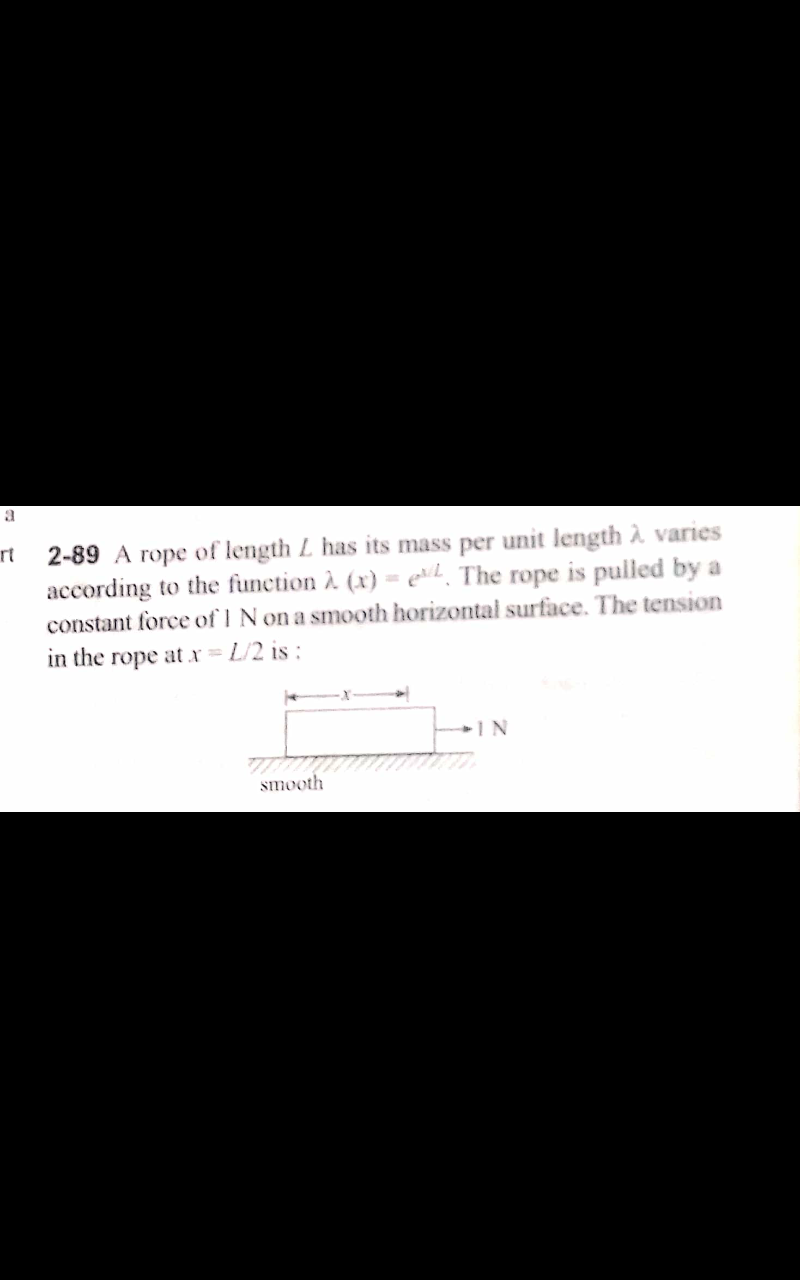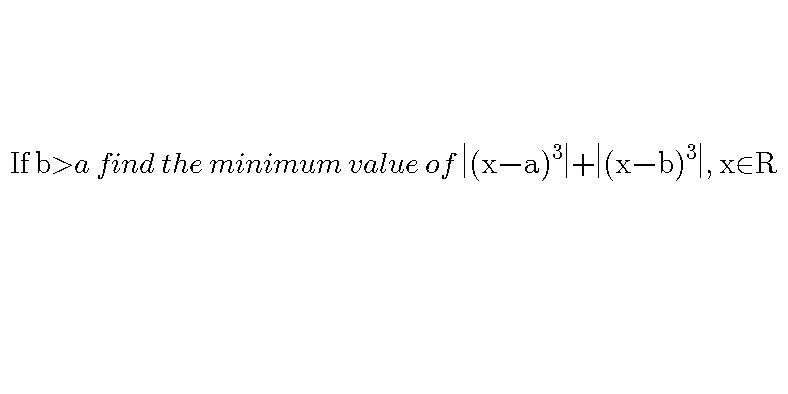
AllQuestion and Answers: Page 1544
Question Number 57011 Answers: 1 Comments: 0
Question Number 57010 Answers: 1 Comments: 1
Question Number 57007 Answers: 1 Comments: 3
Question Number 57001 Answers: 0 Comments: 1
Question Number 57000 Answers: 3 Comments: 1
Question Number 56991 Answers: 0 Comments: 4
Question Number 56986 Answers: 2 Comments: 1

Question Number 56971 Answers: 1 Comments: 1

Question Number 56962 Answers: 1 Comments: 1
Question Number 56961 Answers: 1 Comments: 0
Question Number 56954 Answers: 2 Comments: 1
Question Number 56951 Answers: 0 Comments: 2
Question Number 56949 Answers: 0 Comments: 1

Question Number 56939 Answers: 1 Comments: 2
Question Number 56938 Answers: 0 Comments: 0
Question Number 56937 Answers: 0 Comments: 0
Question Number 56942 Answers: 0 Comments: 0
Question Number 56935 Answers: 0 Comments: 1
Question Number 56932 Answers: 1 Comments: 0
Question Number 56931 Answers: 1 Comments: 1
Question Number 56921 Answers: 1 Comments: 0
Question Number 56914 Answers: 3 Comments: 0
Question Number 56913 Answers: 1 Comments: 2
Question Number 56912 Answers: 1 Comments: 4
Question Number 56904 Answers: 1 Comments: 0
Question Number 56900 Answers: 1 Comments: 0

Pg 1539 Pg 1540 Pg 1541 Pg 1542 Pg 1543 Pg 1544 Pg 1545 Pg 1546 Pg 1547 Pg 1548
